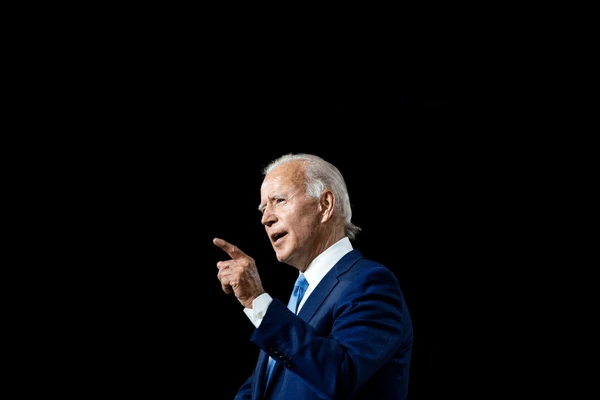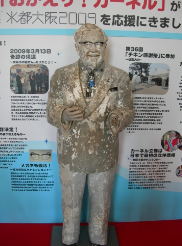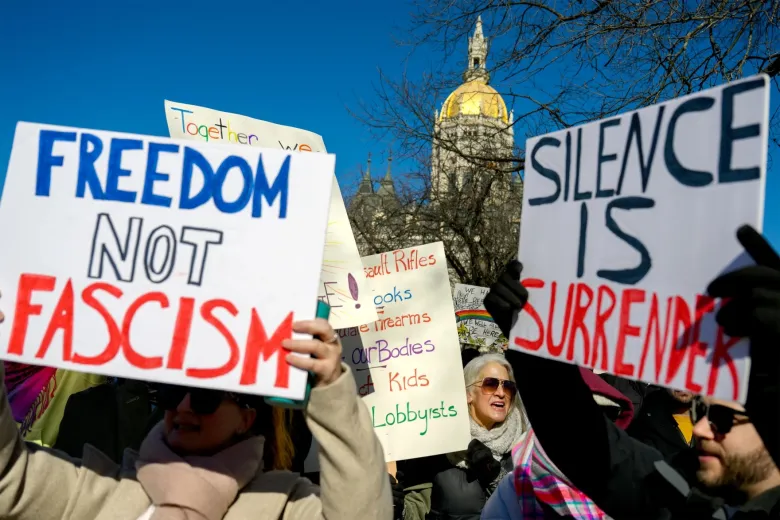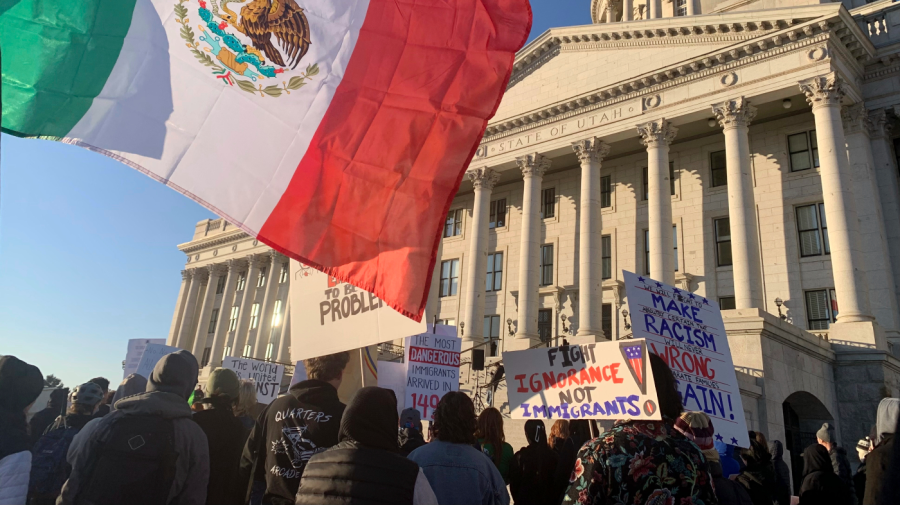President Donald Trump’s immigration policies have been widely criticized for their cruelty and their disregard for both human rights and historical context. The “zero tolerance” policy, implemented in 2018, led to the separation of thousands of children from their parents at the U.S.-Mexico border, causing irreparable trauma. This approach, combined with increased deportations and efforts to dismantle protections for Dreamers, reflects an ideology that treats migration as a crime rather than a human right. However, the very foundation of the U.S. challenges this logic–how can a nation built on stolen land deem anyone “illegal”?
In his second term, Trump has intensified efforts to limit both illegal and legal immigration, proposing a plan to end birthright citizenship and further militarize the southern border. These policies not only contradict international human rights standards but also ignore the deep historical ties between Latin America and the U.S., where borders have shifted over centuries. The concept of illegal immigration itself is rooted in a system that benefits from selective exclusion–ignoring the fact that indigenous people and their descendants have lived on this land long before arbitrary lines were drawn.
By criminalizing migration, Trump’s policies fuel xenophobia and division while failing to address the real economic and geopolitical factors driving immigration. Instead of building walls and tearing families apart, the U.S. must acknowledge its history, uphold its values of inclusion, and recognize that no human being is illegal–especially not on stolen land.






























